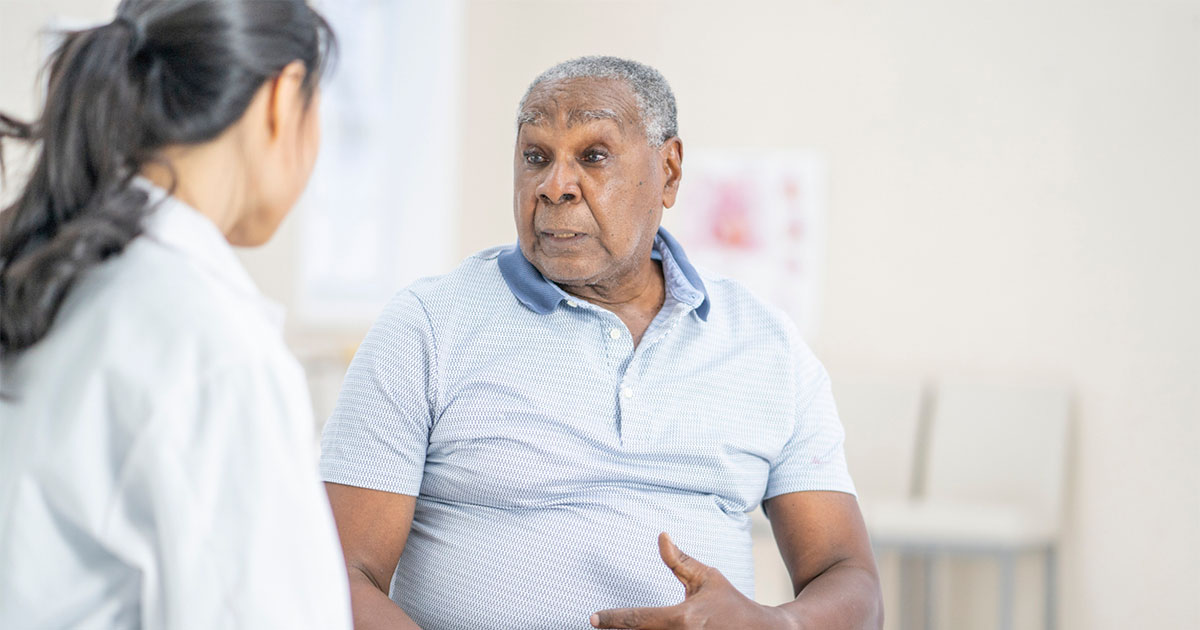General practices throughout the UK are changing their working practices in response to the forthcoming GMS contract for family doctors. Many GPs have already informed their primary care organisations about what they are aspiring to achieve in the quality and outcome frameworks. Most have considered how they will achieve this unique points for quality initiative in diabetes. The contract allows for enhanced services which may provide a source of funding for GPs with special interests. It is not yet clear whether diabetes is one of the specialities which will attract this additional funding.
Time will tell the impact that these initiatives have on diabetes care, but it is already apparent that, unlike the four UK NSF documents, the implementation of this aspect of the contract will be the same from Derry to Dover. Irrespective of how the contract is implemented, it is clear that the negotiators from the General Practice Committee of the British Medical Association responded to members. They carried out a detailed survey of membership morale and, on finding this at an all time low, presented it and represented their members in government negotiations.
Diabetes UK and other associations
Where then is the same leadership and sense of direction for those working in primary care who are looking for guidance at a national level in diabetes care? The contract implementation flows in the wake of a considerable change at Diabetes UK (DUK). Outsiders have seen an upheaval as the British Diabetes Association (BDA) evolved into DUK, an organisation which is now the most important non-government organisation representing people with diabetes in the UK. DUK prided itself on representing the interests of both people with diabetes and professional groups.
DUK is a streamlined organisation with a board of trustees and a 120 member UK advisory council made up of professional and lay people supported in the regions, with national offices. One third of the advisory council is composed of professionals who have been offered the opportunity to serve on streamlined structures. This leaves an organisation with a diluted professional representation, a minority of whom come from primary care, at a time when most diabetes care is set to be done in primary care.
Representation for those working in diabetes in primary care has evolved as the amount and substance of work being done in primary care has developed. The St Vincent Declaration group, which was initiated in the early 1990s, sought representation from primary care, and eventually Primary Care Diabetes (PCD) Europe evolved. Diabetes in Primary Care (DIPC) began as a national group and supported three national primary conferences before lapsing. In 1996, PCD held its first national conference and a national committee developed which evolved to become a section of the BDA, on the understanding that its constitution would be respected and represented by this organisation. This last reform of DUK diluted the group to an advisory panel, with only PCD Europe offering a separate representative voice for primary care. At the same time hospital consultants have formed the Association of British Consultant Diabetologists (ABCD) to represent their interests.
Observers conclude that many doctors who work in diabetes do not have a strong national voice at a time of change. Those in primary care recognise that practice nurses will have a pre-eminent role in the contract implementation. Yet these, along with non-consultant grades in hospital, are poorly represented nationally. Family doctors see that in other specialities, societies of primary care members have evolved to guide and lead and will become more important as GPs with special interests develop.
The future
Family doctors who are interested in seeing primary diabetes care develop nationally, find themselves on board a ship setting sail from a safe port into uncertain waters without a clear chart, and more importantly, without a crew who can give a sense of guidance and direction. The time has come to seize the helm, steer this ship and represent those working in primary and secondary care who feel disenfranchised by the current reforms.





SURMOUNT-5 trial pits tirzepatide against semaglutide, plus behaviour change support, for weight loss.
15 May 2025